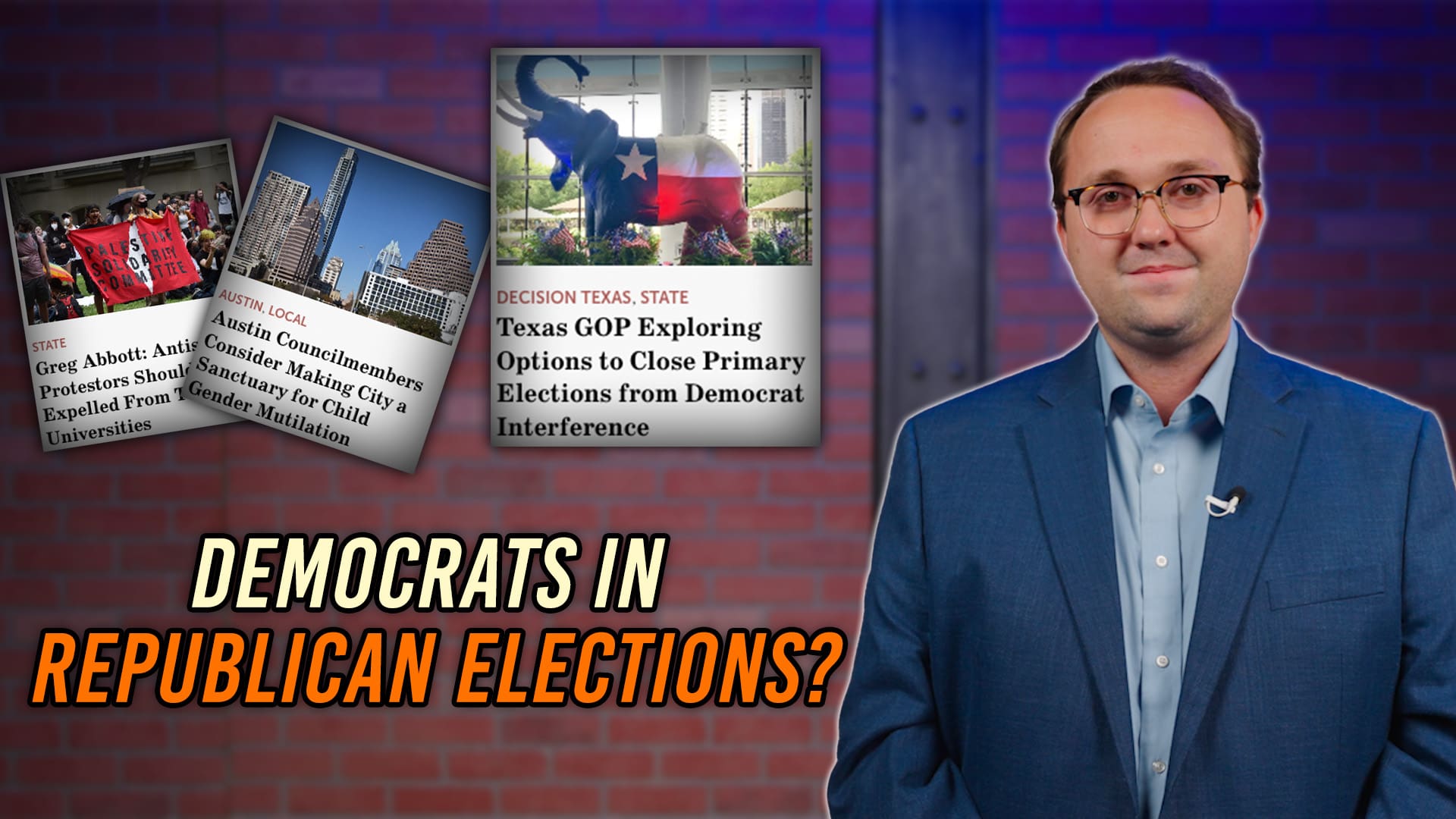As unilateral executive orders from Gov. Greg Abbott in response to the Chinese Coronavirus continue to pile up, so too are lawsuits attempting to strike them down.
On Thursday, a lawsuit was filed in Travis County against Secretary of State Ruth Hughs in response to Abbott’s July 27 executive order which extends early voting for the upcoming general election by one week.
Bryan Slaton—who recently defeated incumbent State Rep. Dan Flynn (R–Van) in the Republican primary runoff to become the likely state representative for the district—is among the plaintiffs in the case, joined by Steven Hotze, Sharon Hemphill, Al Hartman, Cathie Adams, Rick Green, and Norman Adams.
“This draconian order is contrary to the Texas spirit and invades the liberties the people of Texas protected in the constitution,” the plaintiffs argue. “If the courts allow this invasion of liberty, today’s circumstances will set a precedent for the future, forever weakening the protections Texans sacrificed to protect.”
“Viruses mutate, so there may be a different coronavirus strain, or some other contagion, next year. Like the flu vaccine, this year’s coronavirus vaccine may not protect against next year’s strain. Will we allow a Governor to unilaterally suspend laws, bypass the Texas Legislature and trample on the Texas constitution?”
Other ongoing lawsuits have also taken issue with the lack of the Legislature’s involvement in amending or creating law, which has since been superseded by executive orders by Abbott. Just earlier this month, a group of Republican lawmakers filed a suit against Abbott in response to a $295 million contact tracing agreement entered into without their approval.
“[T]he Texas Constitution requires a separation of powers, and that separation leaves policy-making decisions with the Texas Legislature. These decisions are not changed by pandemics,” the lawmakers said in their suit.
The lawsuit filed on Thursday seeks a temporary injunction to strike down Abbott’s executive order which Jared Woodfill—the attorney for the case—says unilaterally amends the Texas Election Code.
Additionally, the plaintiffs seek a declaration that “to the extent Texas Government Code Chapter 418 [which outlines executive powers during an emergency] allows Defendant to suspend laws, issue penalties, and violates the separation of powers doctrine, that Chapter 418 of Texas law is unconstitutional.”





